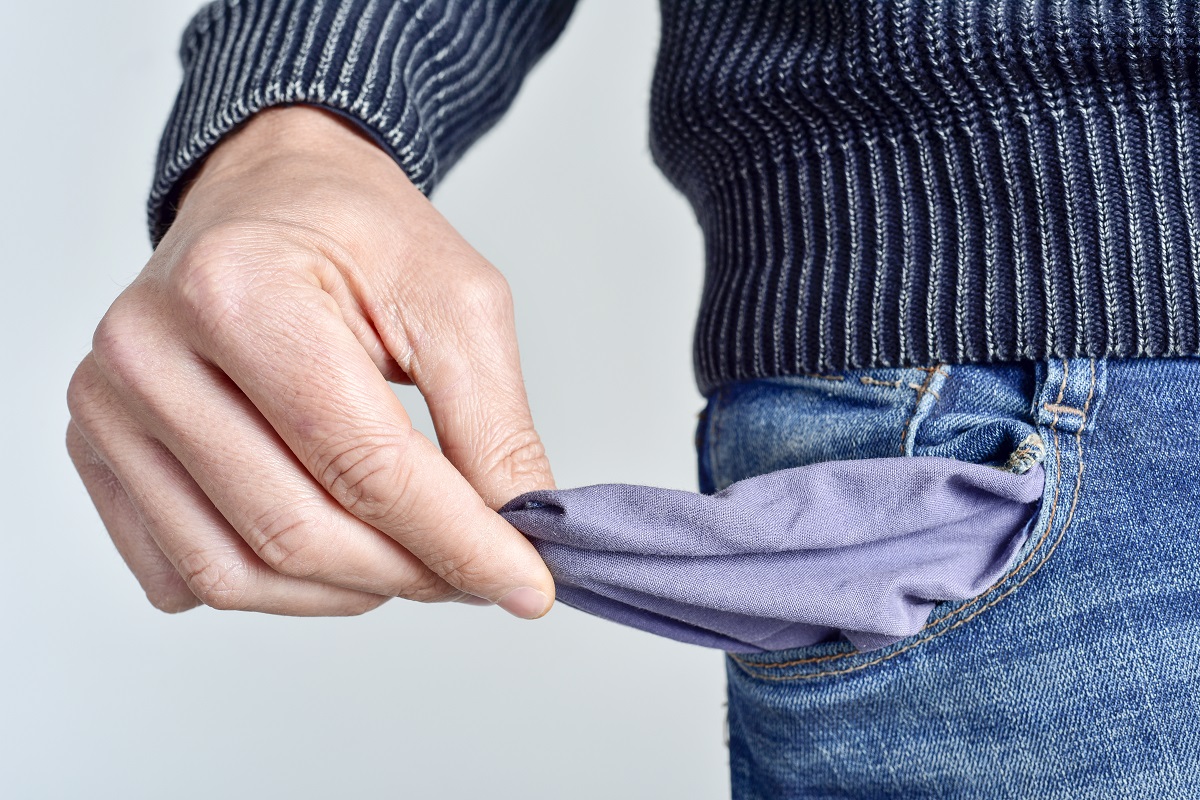What To Do When You Can't Afford Your Monthly Expenses

The inability to afford one’s monthly expenses is a scary prospect, but it’s something that can happen to anyone at any time. From a decline in income to a costly emergency, there are several reasons you may suddenly find yourself without the cash you need to keep your lights on, food in your fridge and creditors happy. Whatever the reason for your lack of cash, it is essential that you are deliberate in the steps you take going forward so you can mitigate damage to your credit and your overall financial life.
Try To Find the Money
This may seem like an obvious solution to your problem and probably not very helpful, but you would be surprised by what a bit of searching will reveal. While it couldn’t hurt to rummage through your couch cushions, coat pockets and unused bags to turn up loose change, there are other, more lucrative ways to free up some cash.
One of the easiest ways to free up some cash is to cancel unnecessary subscriptions. Those include subscriptions for streaming services, magazines and clothing. You would be surprised by how much you can save in doing so. According to The Simple Dollar, you can save as much as $237 per month, which is how much the average consumer spends on monthly subscriptions.
You may also want to consider downsizing and selling unused items. Do you rent a two-bedroom condo when a one-bedroom apartment would suffice? Do you have a spare television, sofa or Xbox you don’t use? Move into a smaller and more affordable place, and either list items for sale online or host a yard sale.
Finally, draw up a budget and stick to it. Using a budget to advise your daily purchases can easily save you $5 to $10 a day, which adds up to $35 to $75 a week. If you take a look at your overall budget, you may find ways to save even more on big expenses, such as electricity, gas, cable and rent.
Find Additional Income
If cutting out your subscriptions, downsizing and drawing up a budget doesn’t help, consider taking up a side gig. An additional 10 to 15 hours a week at a part-time job or your current place of employment can put an extra $100 plus into your account on a weekly basis. That’s at least $400 more a month, and that’s assuming the side gig pays $10 an hour. Depending on your skill set and experience, chances are you can find a side hustle that pays far more than that.
Prioritize Your Expenses
Next, separate the essential bills from the non-essentials. Essentials include the basics, such as heat, shelter, food, childcare, electricity and transportation. Everything else is non-essential. If you miss a credit card payment or two, your score will recover. However, if you miss a meal or lose electricity, your physical and emotional health will suffer. Until you can afford to do so, forego credit card payments.
Do Triage on Your Bills
Now that you’ve determined which bills need attention and which can wait, go through your non-essentials to determine how long you can keep missing payments before consequences begin. Also, assess the severity of the consequences.
For instance, some credit card issuers offer a grace period for missed payments. You may have an additional 20 to 30 days to pay the minimum amount due before the creditor applies late fees and reports the delinquency to the credit bureaus. Even so, late fees and a decrease in your credit score are not the end of the world.
When you continually miss payments on a secured debt, such as your mortgage or auto loan; however, late payments can trigger foreclosure or repossession proceedings. If you fall too behind on secured debt, you risk causing long-term and costly damage to every aspect of your life.
Request Bill-Pay Extensions
Many creditors understand that hard times happen. If you need an additional month or two to recover financially, call every company you owe money to and request an extension. Creditors may waive late fees and interest payments if you reach out to them rather than disappearing. Many utility companies are willing to set up payment plans for customers going through financial hardship. If you have student loans, you may qualify for a forbearance or deferment. You never know though until you call.
Apply for a Personal Loan
Depending on the reason and nature of your financial difficulties, it may make sense for you to use a personal loan to get ahead. If your troubles stem from sky-high interest rates on credit card accounts, a personal loan can help you consolidate your debt and reduce the amount you owe in interest. If you were out of work for a month because of an injury, a personal loan can help you catch up on bills and get back on track. However, if you plan to use a personal loan to pay for bills you cannot and have not been able to afford, a loan will only put you further into the red.
If, after careful consideration, you decide that a personal
loan is the tool you need to get ahead, find the best rates and terms for your
situation. Shop online using our personal
loan search engine today.
